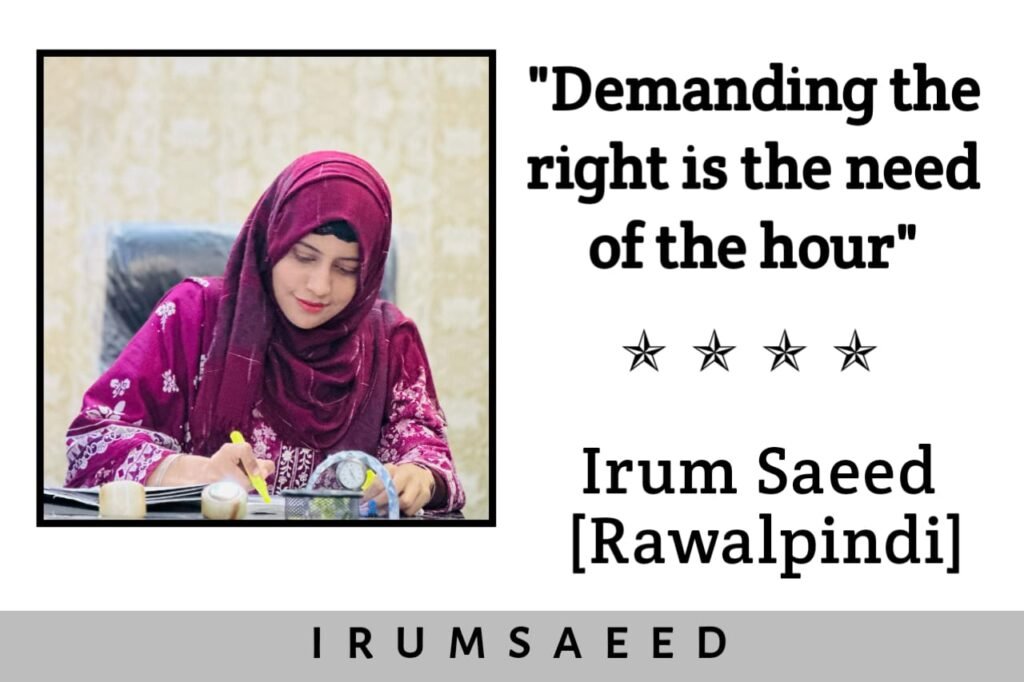
When the morning of 14th August 1947 dawned, millions of Muslims in the subcontinent awoke with a dream in their eyes a dream that had taken the shape of reality after centuries of slavery and countless sacrifices. That dream was of a free, sovereign, just, and prosperous state Quaid-e-Azam Muhammad Ali Jinnah’s Pakistan. A Pakistan where every citizen, regardless of religion, color, or race, could live with dignity, freedom, and equal rights.
In the final days of his life, Quaid-e-Azam made it clear that Pakistan would be a democratic state, where the rule of law would prevail, minorities would be protected, and economic justice would be ensured for all. He urged the youth of Pakistan to make hard work, honesty, and unity their guiding principles, for these were the pillars upon which a strong nation could be built.
The early days of Pakistan were extremely challenging. Hundreds of thousands of refugees arrived in Pakistan in destitute caravans. On one hand, there was the pain of migration, and on the other, the absence of a functioning state structure, financial scarcity, and the conspiracies of enemies. Yet, the nation was driven by determination and passion. People knew this country was earned through sacrifice, and it was the duty of all to protect and build it.
Quaid’s vision was clear:
* The Constitution of Pakistan should reflect the will of the people.
* Corruption, nepotism, and injustice must be eradicated.
* Education should be the foundation of progress.
* Strengthen industry and agriculture to achieve self-reliance.
These guiding principles could have taken Pakistan into the ranks of the world’s developed nations.
Today, as we stand in 2025 and look back, one question arises: Is this the Pakistan that Quaid dreamt of?
Unfortunately, today’s Pakistan faces many challenges:
Political instability: Since its inception, Pakistan has not experienced a consistent democratic process. Frequent political interference, power struggles among institutions, and personal interests have damaged national unity.
Corruption and nepotism: In Quaid’s Pakistan, decisions were to be made on merit, but today, favoritism and personal connections often overshadow ability and hard work.
Educational backwardness: A large portion of the population is still deprived of quality education. Instead of raising literacy rates, we are entangled in curriculum politics.
Economic crisis: Rising inflation, heavy debts, and unemployment have made life extremely difficult for the people. Despite being an agricultural country, we are forced to import wheat and sugar.
Quaid’s Pakistan was meant for the people, but today, there is a growing gap between the public and the leadership. Quaid’s leadership was simple, honest, and principled, whereas today’s political landscape often revolves around personal interests and the politics of power.
While the common man struggles for basic necessities like electricity, gas, and flour, the ruling class often leads a life of luxury. This contrast is proof of how far we have drifted from Quaid’s path.
Yet, hopelessness was never Quaid’s message. He always urged the youth to hold on to hope and hard work. Even today, there are countless people in Pakistan who work with honesty, dedication, and sincerity in their respective fields—whether it’s a teacher educating children in a remote village or a doctor treating patients despite limited resources—these are glimpses of Quaid’s Pakistan.
Our youth lacks neither talent nor determination. In information technology, sports, science, and the arts, young Pakistanis are making the country proud worldwide. If this passion is organized at the national level, we can overcome our challenges.
If we truly want to build Quaid’s Pakistan, we must put his principles into practice:
* Rule of law: No individual or institution should be above the law.
* Investment in education: Quality education should be equal and compulsory for all.
* Economic self-reliance: Agriculture, industry, and exports must be strengthened.
* Honest leadership: Politics should be seen as public service, not a personal business.
* National unity: Eliminate linguistic, religious, and regional prejudices, promoting one Pakistani identity.
Quaid-e-Azam’s Pakistan was not merely an ideal state written in history books—it was a practical plan that could make us prosperous and strong. Today, our duty is to admit our mistakes, set our priorities right, and hand over to future generations the very Pakistan that was dreamt of in 1947.
The time has come to ask ourselves: Are we ready to make this country Quaid’s Pakistan? If the answer is “yes,” we must start with ourselves, because nations are not built through slogans but through action.
Quaid once said:
“Strengthen Pakistan with your hard work, sacrifice, and faith, for these are your real weapons.”
Let us make this message our pledge so that in the years to come, when someone asks us, Is this Quaid’s Pakistan? we can answer with full confidence: Yes! This is the Pakistan he dreamt of.
Write By: Irum Saeed

